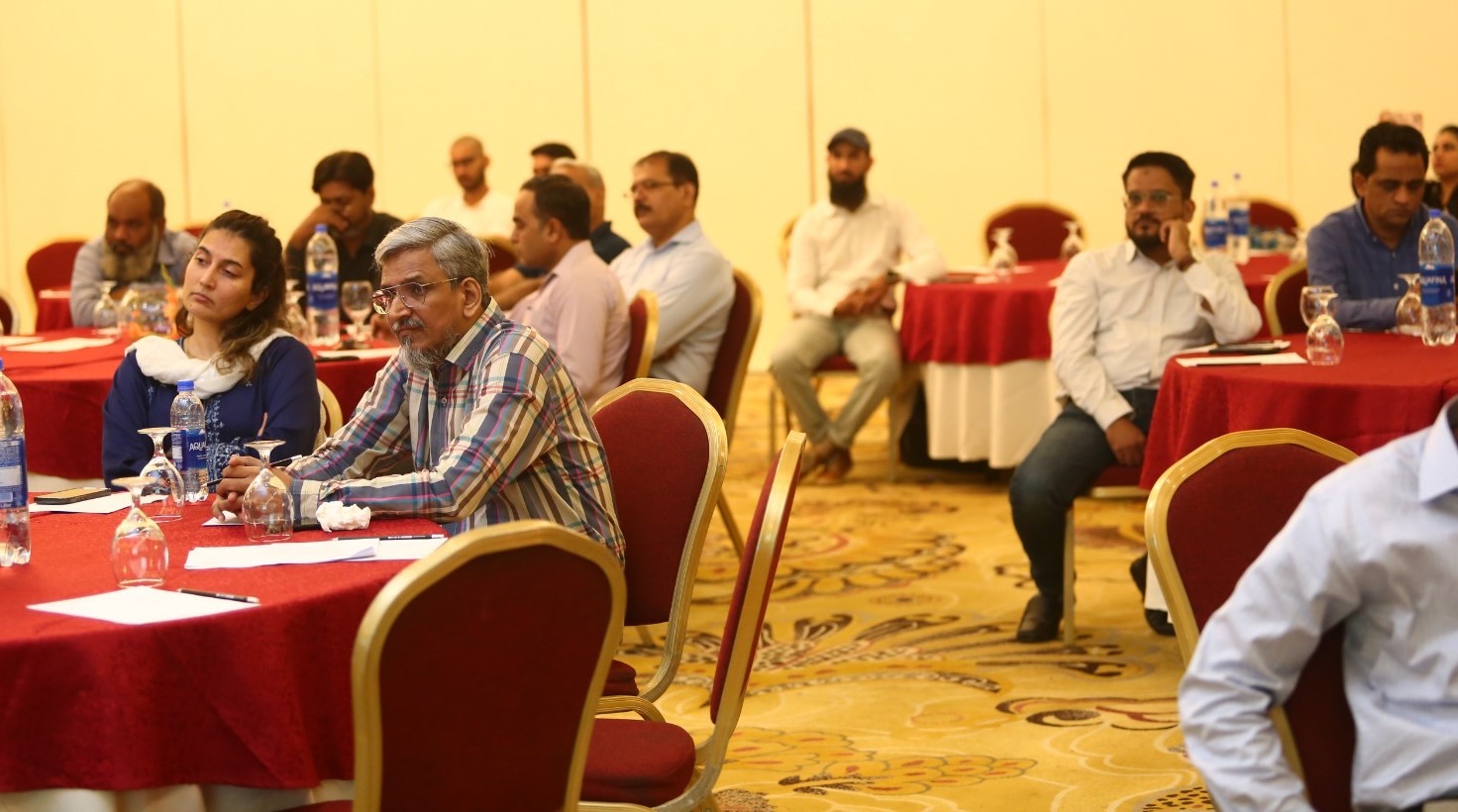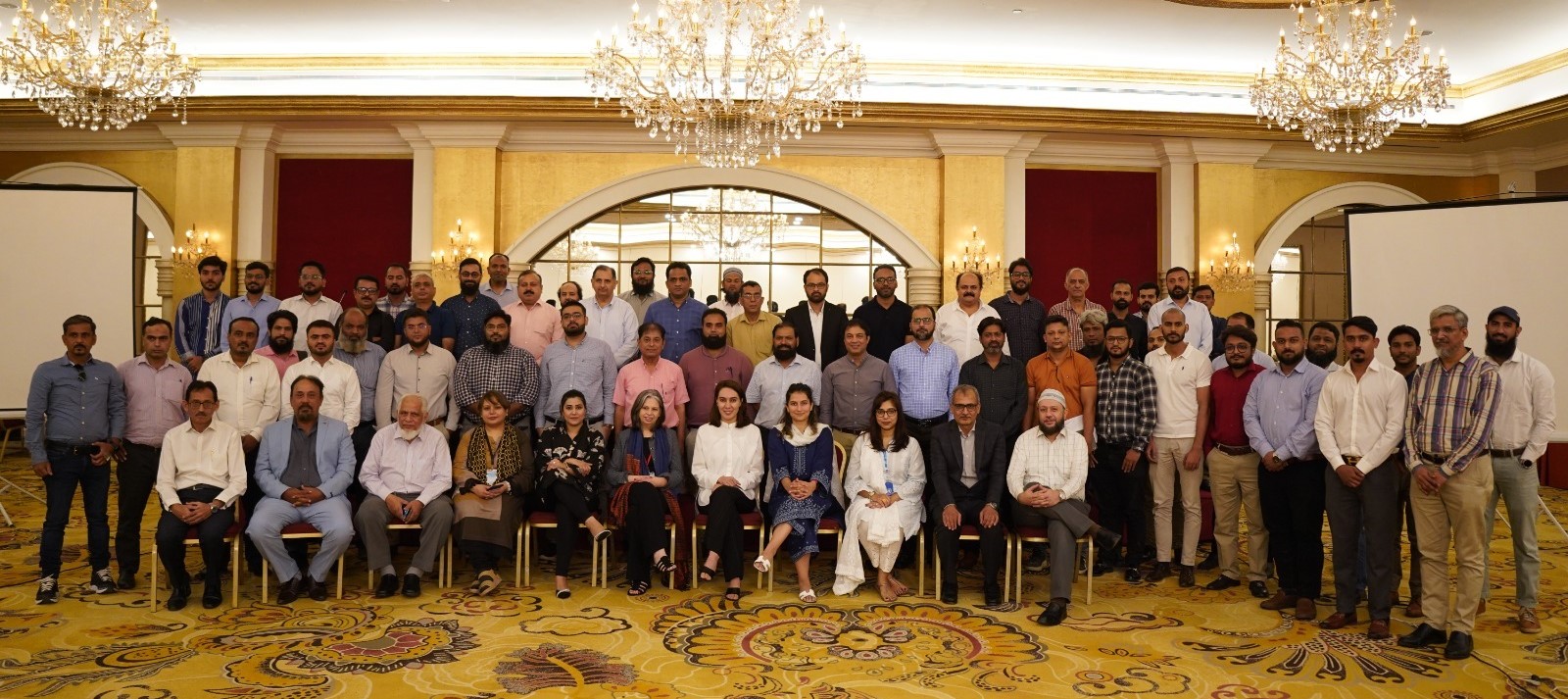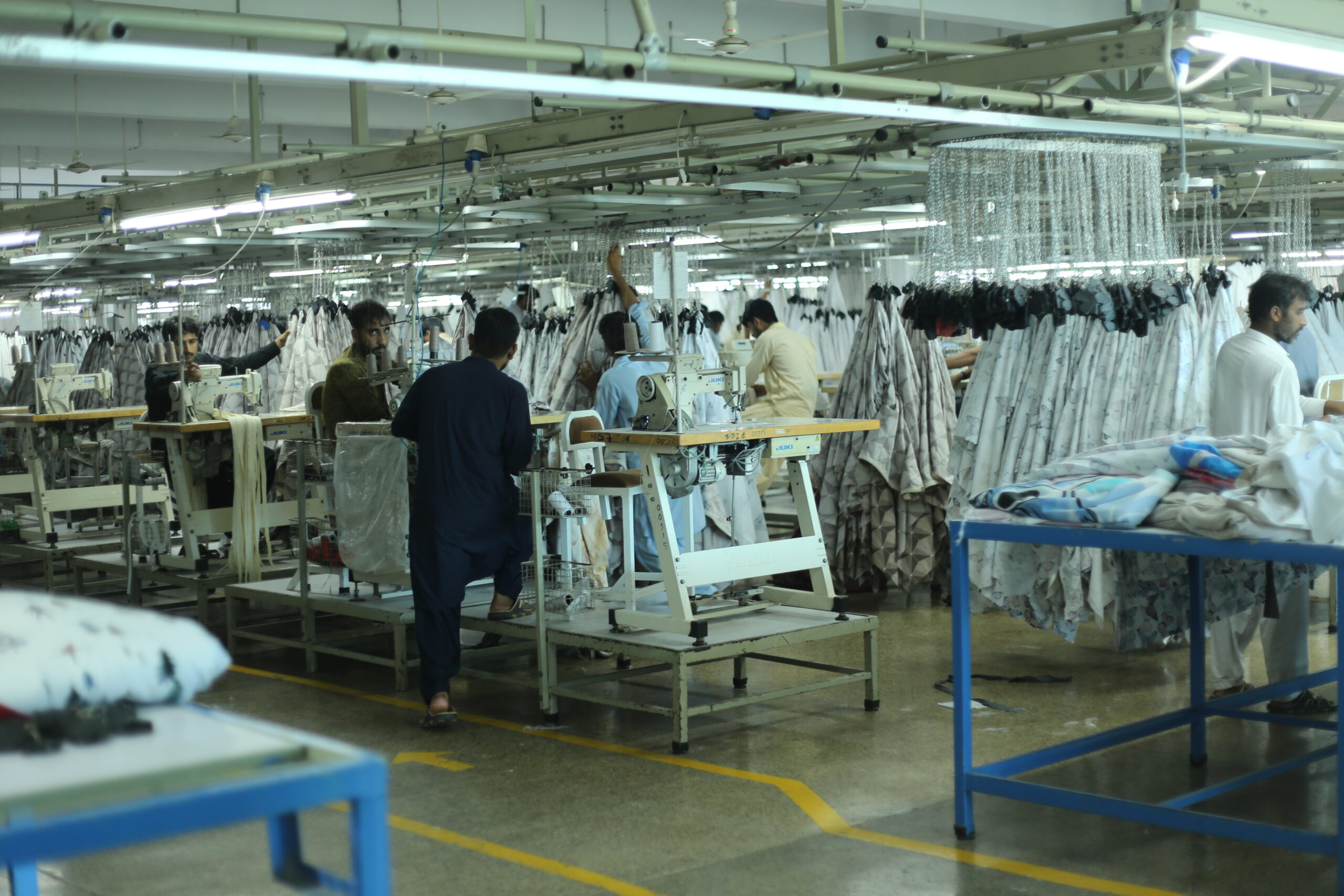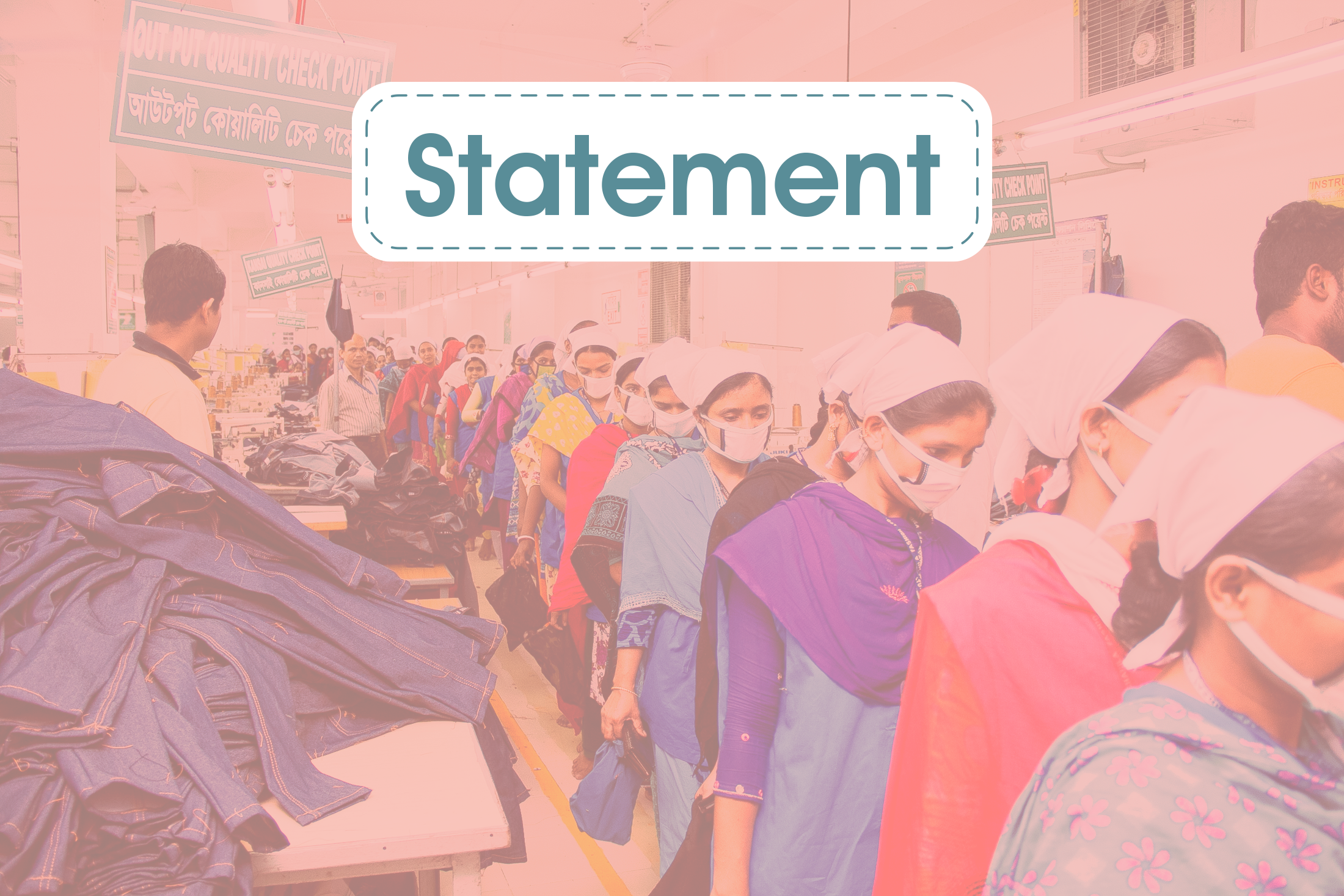Rollout of Pakistan Accord Workplace Programs

The Pakistan Accord Secretariat hosted a briefing on the rollout of Workplace Programs on August 19, 2024, in Karachi. Over 70 participants representing 30 covered factories attended the orientation session. The International Labour Organisation (ILO) and Deutsche Gesellschaft für Internationale Zusammenarbeit (GIZ) also attended the session as special invitees.
The event featured a panel discussion and a detailed briefing, providing participants with an opportunity to ask questions and provide feedback.
The Workplace Program, which includes Safety Training and a Complaints Mechanism at covered factories, is a key component of the Pakistan Accord. It aims to help build the capacity of joint labour management Safety Committees to maintain safe workplaces, raise workers’ awareness of safety and health, ensure compliance with OSH-related requirements, and provide workers with access to remedies.

Zulfiqar Shah, Country Manager of the Pakistan Accord, highlighted the importance of workplace safety in his opening remarks. He also expressed appreciation for the cooperation extended by key stakeholders, particularly the factories.
He provided an update to the participants, stating that the Pakistan Accord on Health and Safety in the Textile and Garment Industry, a legally binding agreement between global brands and unions, took effect in January 2023. To date,128 brands that collectively source over $3 billion worth of goods from 500 factories in Pakistan’s Sindh and Punjab provinces have signed the agreement. The program aims to reach over 500,000 workers through its safety training program and has conducted safety inspections in over 80 factories.

Kirstine Drew, Chief Complaints Officer, Pakistan Accord explained in her presentation that the right to refuse unsafe work, provision of safety training programs, joint labour management Safety Committees, and the Complaints Mechanism are the cornerstones of worker participation in the Accord program.
The Pakistan Accord Safety Training program is made up of two parts: All Employee Meetings (AEMs), which are informational sessions attended by all workers of the factory, covering topics such as evacuation, health and safety risks, and workers’ rights and responsibilities regarding workplace safety. The second component is the Safety Committee Training Program, which includes both mandatory and optional modules. These modules cover various issues, including the role of Safety Committees in handling workers’ complaints and the organisation of factory walkthroughs.
The complaints mechanism is implemented on behalf of signatory brands and in accordance with UN effectiveness criteria – legitimate, accessible, predictable, equitable, transparent, rights-compatible – as well as the requirements of due diligence legislation. The Accord team works with factory management and brands to address complaints and ensure the delivery of remedies.
Workers at covered factories can submit complaints via the following channels:
WhatsApp: +92 326 8180001 Local No: 0326 8180001 Email: complaints@safetyaccord.pk
Workers at covered factories can submit complaints via the following channels:
In the panel discussion, Rehan Ahmedani, representing Synergies Sourcing, and Neelofar Saleem, representing Bestseller, emphasised that having an independent complaints mechanism in place is now a legal requirement for brands under various legislations in Europe, such as the German Supply Chain Act and the EU Corporate Sustainability Due Diligence Directive (CSDDD).
Both speakers noted that receiving complaints is not necessarily ‘bad’, and they prefer to work with suppliers who have efficient and effective systems to address them.
They also encouraged supplier factories to embrace the Safety Training Program as an opportunity to strengthen workplace safety and health and contribute to learning.
During the Q&A session, participating factories highlighted the challenges they face due to the presence of multiple complaints mechanisms within their facilities, expressing concern that having various grievance mechanisms in the same location confuses workers.
The event concluded with a collective commitment to work together to make workplaces safer for factory workers. The Pakistan Accord Secretariat is planning to organise similar informational sessions with additional covered factories in Lahore and Karachi.
Resources:
Related updates
February 3, 2026
The parties have agreed to re-sign the Pakistan Accord in its current form, reaffirming their shared commitment to supporting worker health and safety across the supply chains of signatory brands in Pakistan.
January 20, 2026
We extend our deepest condolences to the victims and families affected by the tragic fire at Gul Plaza in Karachi on 17 January.
November 9, 2025
The International Accord is pleased to announce that, from mid-November 2025, the Worker Complaints Mechanism in Bangladesh will be expanded to cover issues beyond Occupational Safety and Health (OSH).
February 3, 2026
The parties have agreed to re-sign the Pakistan Accord in its current form, reaffirming their shared commitment to supporting worker health and safety across the supply chains of signatory brands in Pakistan.
January 20, 2026
We extend our deepest condolences to the victims and families affected by the tragic fire at Gul Plaza in Karachi on 17 January.
November 24, 2025
The International Accord is saddened by the earthquake in Bangladesh and concerned about the reported injuries and loss of life. Our thoughts are with all affected individuals and families.



